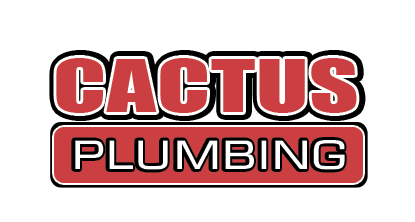
Get matched with top gas log pros in Woodward, OK
Enter your ZIP and get matched with up to 5 pros
Need a pro for your gas log service project in Woodward, OK?
Find Gas log pros in Woodward

Cactus Plumbing Of Ada LLC
Cactus Plumbing Of Ada LLC
If you’re building a new home, remodeling a kitchen or bath, or just installing a new sink or disposal, we can take care of all your plumbing needs. As a certified reseller we have a variety of products available directly, but we’re also glad to work with other suppliers. We’re the area’s plumbing specialists, and you can expect our service team to be professional and courteous. We making sure your questions are answered, and that we do the highest quality work!
If you’re building a new home, remodeling a kitchen or bath, or just installing a new sink or disposal, we can take care of all your plumbing needs. As a certified reseller we have a variety of products available directly, but we’re also glad to work with other suppliers. We’re the area’s plumbing specialists, and you can expect our service team to be professional and courteous. We making sure your questions are answered, and that we do the highest quality work!
Andy's Plumbing Heating & Air Conditioning
Andy's Plumbing Heating & Air Conditioning
Contact Andy's Plumbing, Heating & Air Conditioning at (580) 248-6118. We specialize in keeping our customers comfortable.
Contact Andy's Plumbing, Heating & Air Conditioning at (580) 248-6118. We specialize in keeping our customers comfortable.
The homeowners guide to home care is here
From average costs to expert advice, get all the answers you need to get your job done.

Old or worn electrical wires can interrupt the electrical supply to your home. Find out the cost to replace the wire from the meter to the breaker box.

The average cost to install an electrical outlet is $133 to $296 each. This guide explains what factors impact the total cost of installing an outlet.

Electrical subpanels allow you to use appliances and electronics safely. This cost guide explains the important factors to consider when installing a subpanel.

Learn how to wire an outlet switch combo receptacle in various ways to adapt an existing wired location for several applications.

Today’s polarized plugs and outlets have a hot and neutral side, which is important for any receptacle wiring. Here’s what that means, why it happened, and how to take advantage of it.

If you use several electrical appliances in your home simultaneously and the power shuts down, an overloaded circuit could have tripped the breaker. Follow these simple steps to reset your breaker.
- Tree Service in Woodward
- Insulation in Woodward
- Garage Doors in Woodward
- Fencing in Woodward
- Home Inspection in Woodward
- Plumbing in Woodward
- Kitchen And Bath Remodeling in Woodward
- Roofing in Woodward
- Lawn And Yard Work in Woodward
- Locksmiths in Woodward
- Moving in Woodward
- Pest Control in Woodward
- Home Builders in Woodward
- Carpet Cleaning in Woodward
- Septic Tank in Woodward
- Windows in Woodward
- Handyman Service in Woodward
- Concrete Driveways in Woodward
- Mailbox Repair in Woodward
- Epoxy Flooring in Woodward
- Electrical in Woodward
- Lawn Fertilization And Treatment in Woodward
- Flooring in Woodward
- Exterior Painting in Woodward
- Upholstering in Woodward
- Swimming Pools in Woodward
- Mold Testing And Remediation in Woodward
- Landscaping in Woodward
- Lawn Irrigation in Woodward
- Driveways in Woodward
- 🌱 "Mow a small front yard"
- 🛠 "Fix a leaking pipe under the sink"
- 🏠 "Repair shingles on an asphalt roof"